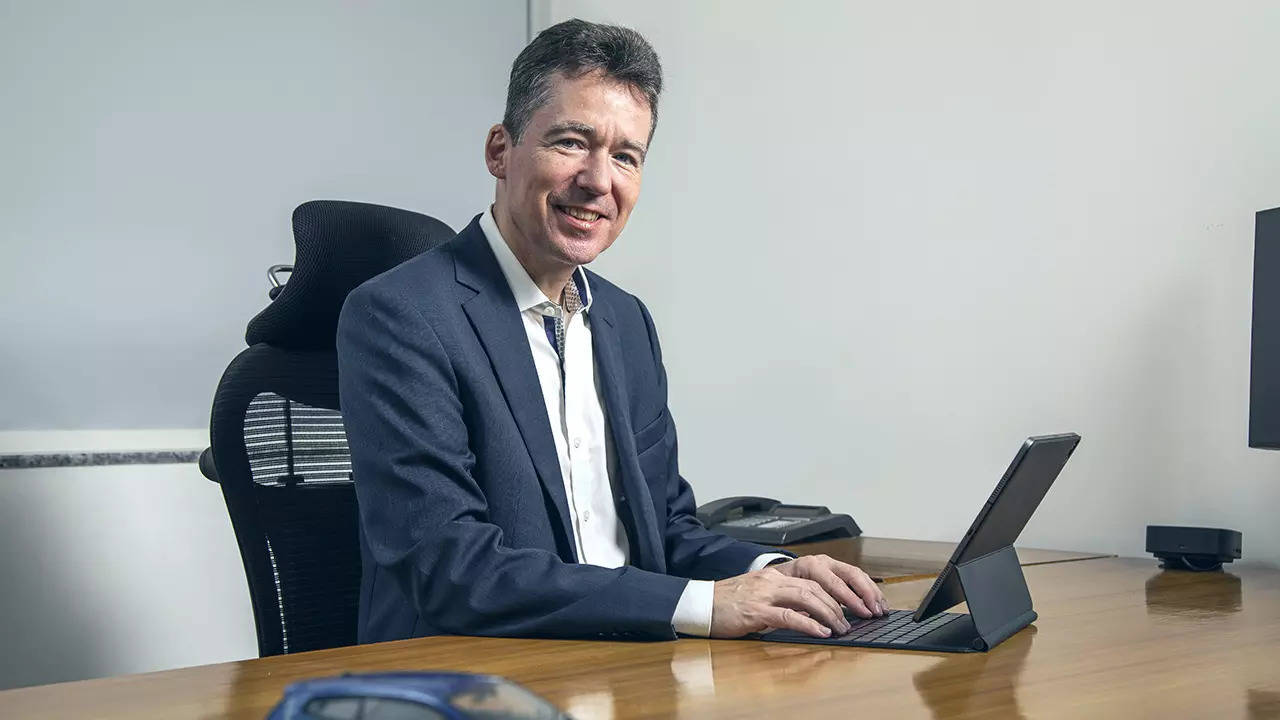The industrial sector, a cornerstone of global economic development, has been a significant contributor to environmental concerns. According to the International Energy Agency (IEA), global energy-related CO2 emissions grew by 0.9% or 321 Mt in 2022, reaching a new high of over 36.8 Gt. While this growth was slower than the rebound of over 6% in 2021 following the Covid-19 pandemic, this stark reality underscores the urgent need for industries to transition towards more sustainable practices.
TVS X walkaround: Most expensive Indian e-scooter at Rs 2.5 lakh | TOI Auto
The Paris Agreement, a landmark international accord, aims to limit global warming to well below two degrees Celsius above pre-industrial levels. Achieving this ambitious goal requires a concerted global effort, particularly from the industrial sector, which has traditionally been reliant on fossil fuels.
As the Co-chair of the strategic B20 Taskforce on Energy, climate change and resource efficiency we have been engaged in productive dialogues among industry leaders, policymakers, and environmental advocates. I’m confident that we’ve reached significant recommendations that can decidedly lessen the impact of climate change. Simultaneously, we’ve centred our efforts on proposals that aim to bridge the disparity between industrialised and emerging nations.
To reduce their environmental impact, industries worldwide are adopting various strategies. These include improving energy efficiency, which not only reduces emissions but also lowers operational costs. For instance, the implementation of energy-efficient technologies in the steel industry – such as hydrogen injection in blast furnaces – could reduce CO2 emissions significantly.
Another strategy is the shift towards renewable energy sources. The use of solar, wind, and hydropower can significantly reduce the carbon footprint of industries. India is making significant strides in renewable energy, with its installed capacity reaching 165.94 GW as of October 2022, accounting for 40.6% of the total power capacity. The country aims for 450 GW of renewable energy by 2030. This shift not only contributes to climate goals but also enhances energy security and creates jobs. As the cost of renewable energy continues to fall, it is becoming an increasingly viable option for industries.
Significant interventions have already made a substantial impact on industrial pollution. For instance, the cement industry, one of the largest industrial emitters of CO2, has made strides in reducing its carbon footprint. Here in India, through the use of alternative fuels and raw materials, as well as energy-efficient technologies, the industry has reduced its CO2 emissions significantly, meeting 2020 targets ahead of schedule, and on track to meet 2030 targets as well.
The auto industry, a significant contributor to global CO2 emissions, is also making strides towards sustainability. At VW Group India (Škoda Auto Volkswagen India), we are committed to driving the green agenda in India. We have implemented several measures to reduce our carbon footprint, such as improving energy efficiency in our manufacturing processes and transitioning towards renewable energy sources. The capacity of our rooftop solar power plant at Chakan will reach 18 MWp this year and is among the largest in the country. It supplies 30% of the plant’s electricity consumption and saves 18,000 tonnes of CO2 that would otherwise be released into the environment.
VW Group itself is fully committed to the BEV transformation. We anticipate that by 2030, battery-electric vehicles will constitute up to 50% of our global sales. By 2040, we expect that all new vehicles from our Group will be zero-emission in most major markets.
While the challenge is significant, the industrial sector’s shift towards sustainability is both a necessity and an opportunity.
Disclaimer: Views and opinions expressed in this article are solely those of the original author and do not represent any of The Times Group or its employees.


